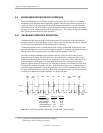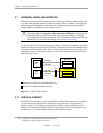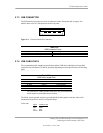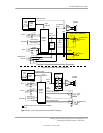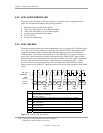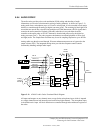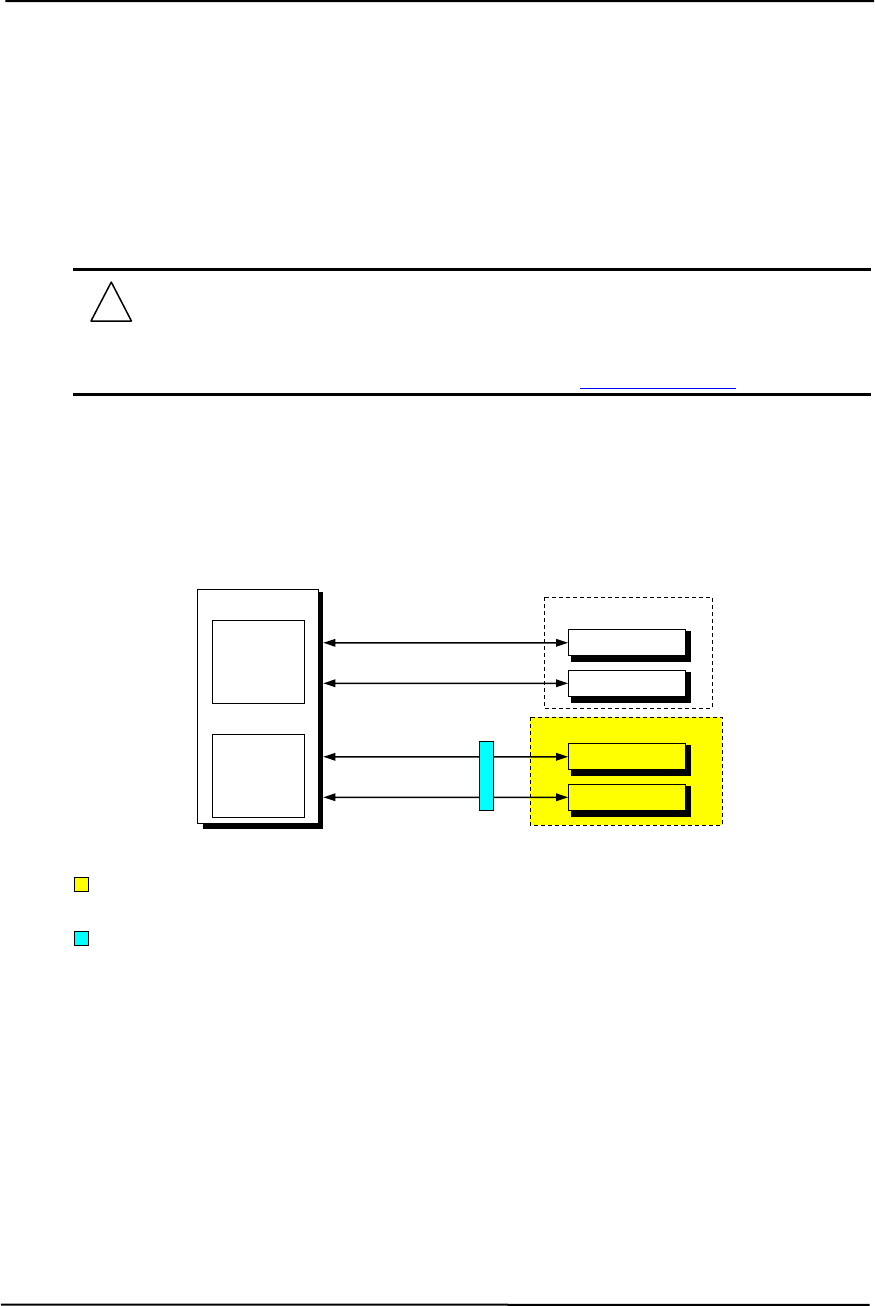
Chapter 5 Input/Output Interfaces
5.7 UNIVERSAL SERIAL BUS INTERFACE
The Universal Serial Bus (USB) interface provides asynchronous/isochronous data transfers of up
to 12 Mb/s with compatible peripherals such as keyboards, printers, or modems. This high-speed
interface supports hot-plugging of compatible devices, making possible system configuration
changes without powering down or even rebooting systems.
NOTE: It is recommended to run the Windows 98 (or later) operating system when
using USB peripherals, especially a USB keyboard and USB mouse. Problems may be
encountered when using USB devices with a system running Windows 95, although
some peripherals may operate satisfactorily. More information on USB compatibility and
functionality may be found at the following web site: http://www.usb.org
.
As shown in Figure 5-8, the USB interface is provided by the 82801 ICH2 component. All models
provide two rear-panel accessible type-A USB ports. Front panel USB ports are standard on small
forma factor and all Workstation units. The Evo desktop and configurable minitower units may be
upgraded to include two front panel USB ports. For more information on the USB interface refer
to the following web site:
Desktop and configurable minitower systems only.
P24
USB
I/F #2
Standard on small form factor and all Workstation units.
O
p
tional on Evo deskto
p
and confi
g
urable minitower units.
Tx/Rx Data
Tx/Rx Data
Front Panel
USB Port 4
USB Port 3
Tx/Rx Data
Tx/Rx Data
Rear Panel
USB Port 2
USB Port 1
USB
I/F #1
82801 ICH2
Figure 5-7. USB I/F, Block Diagram
5.7.1 USB DATA FORMATS
The USB I/F uses non-return-to-zero inverted (NRZI) encoding for data transmissions, in which a
1 is represented by no change (between bit times) in signal level and a 0 is represented by a
change in signal level. Bit stuffing is employed prior to NRZ1 encoding so that in the event a
string of 1’s is transmitted (normally resulting in a steady signal level) a 0 is inserted after every
six consecutive 1’s to ensure adequate signal transitions in the data stream.
5-22 Compaq Evo and Workstation Personal Computers
Featuring the Intel Pentium 4 Processor
Second Edition – January 2003





